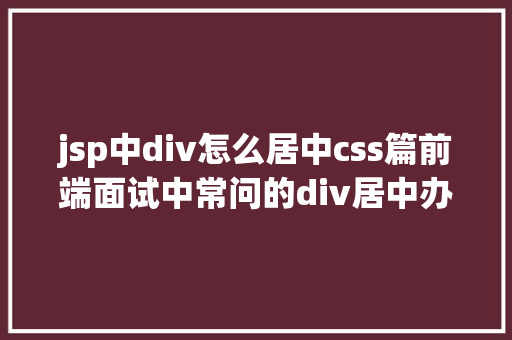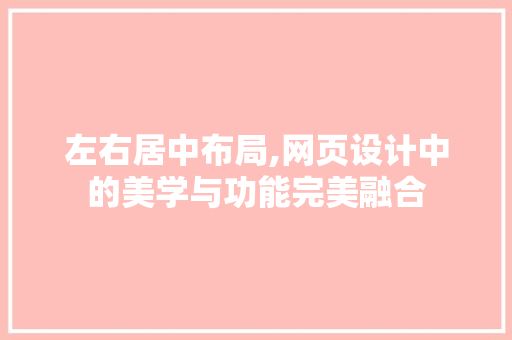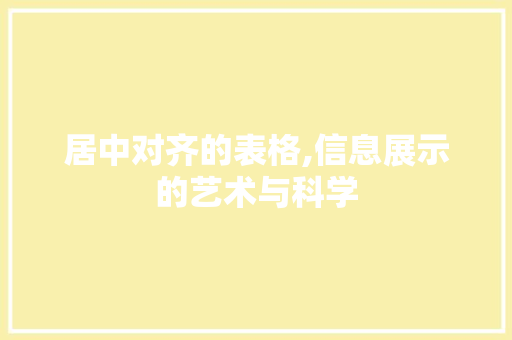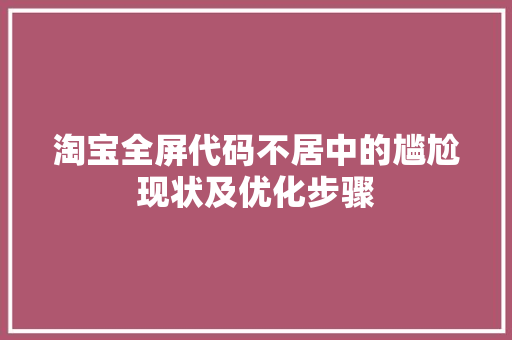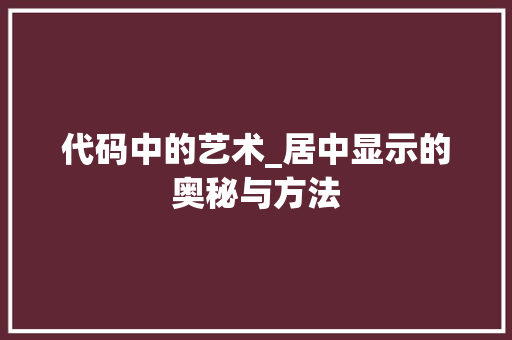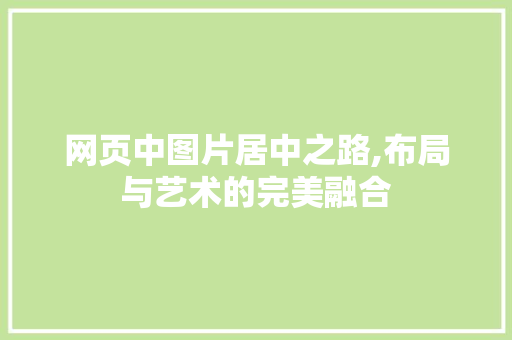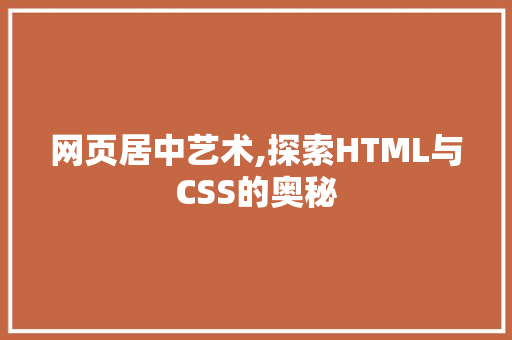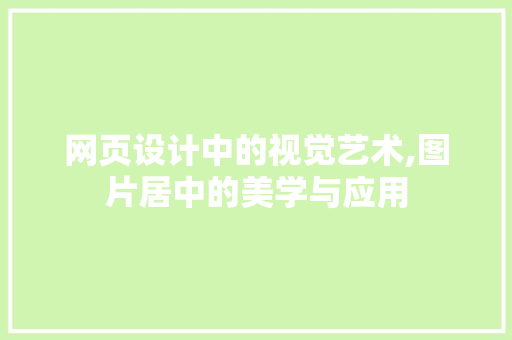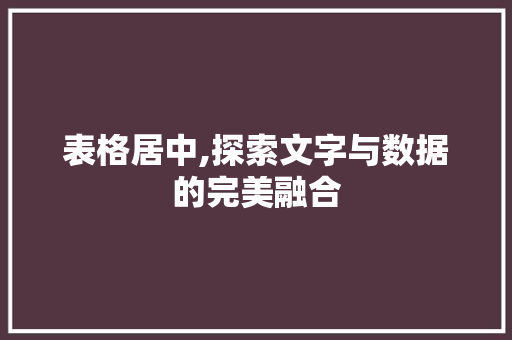<style> .parent { position: relative; width: 500px; height: 500px; border: solid red 1px; } .demo { position: absolute; width: 100px; height: 100px; border: solid blue 1px; top: 50%; left: 50%; margin-top: -50px; margin-left: -50px; } </style> <body> <div class="parent"> <div class="demo"></div> </div> </body>弹性方法居中
通过flex弹性布局设置垂直居中和水平居中
<style> .parent { width: 500px; height: 500px; border: solid red 1px; display: flex; // 垂直,水平居中 align-items: center; justify-content: center; } .demo { width: 100px; height: 100px; border: solid blue 1px; } </style> <body> <div class="parent"> <div class="demo"></div> </div> </body>利用transform居中
在子元素不知道自身宽高情形,利用transform进行比偏移。
<style> .parent { position: relative; width: 500px; height: 500px; border: solid red 1px; } .demo { position: absolute; border: solid blue 1px; top: 50%; left: 50%; transform: translate(-50%, -50%); } </style> <body> <div class="parent"> <div class="demo">居中</div> </div> </body>
以上3种是常用的方法,当然还有其他居中方法比如grid布局,table-cell布局等。
